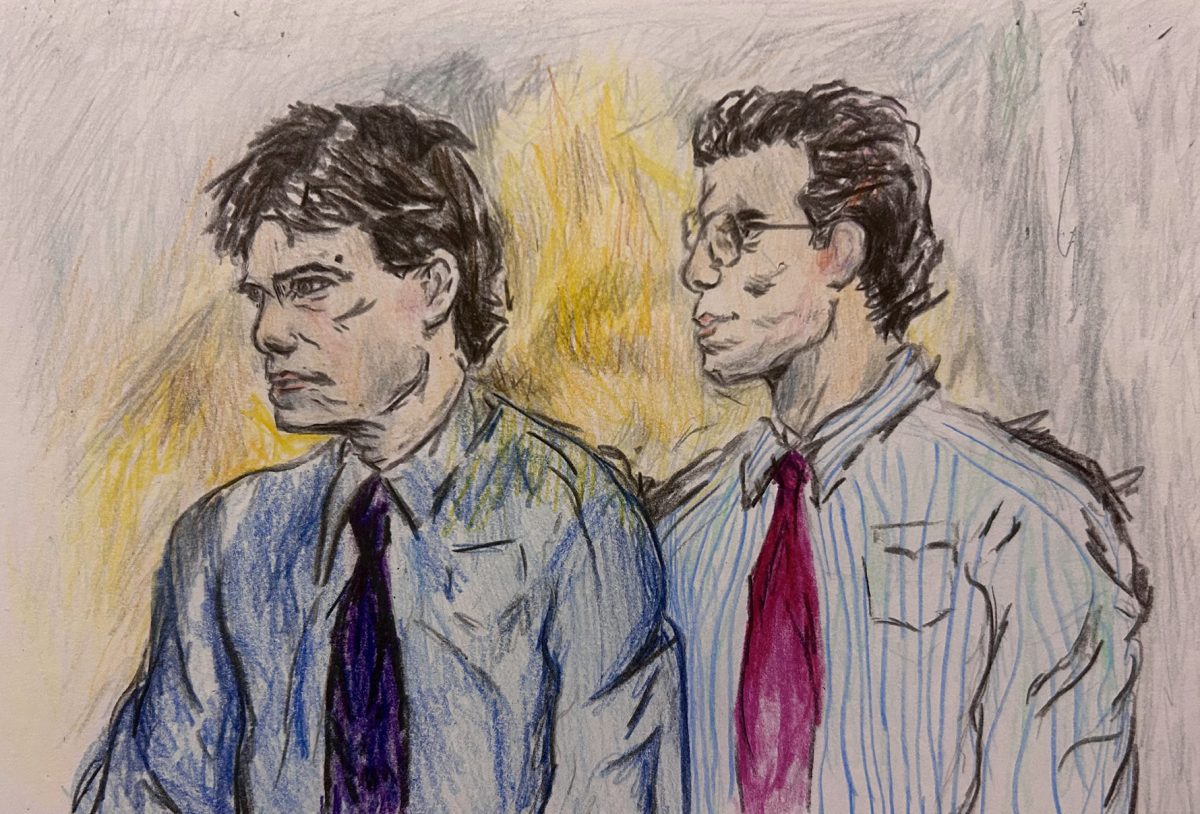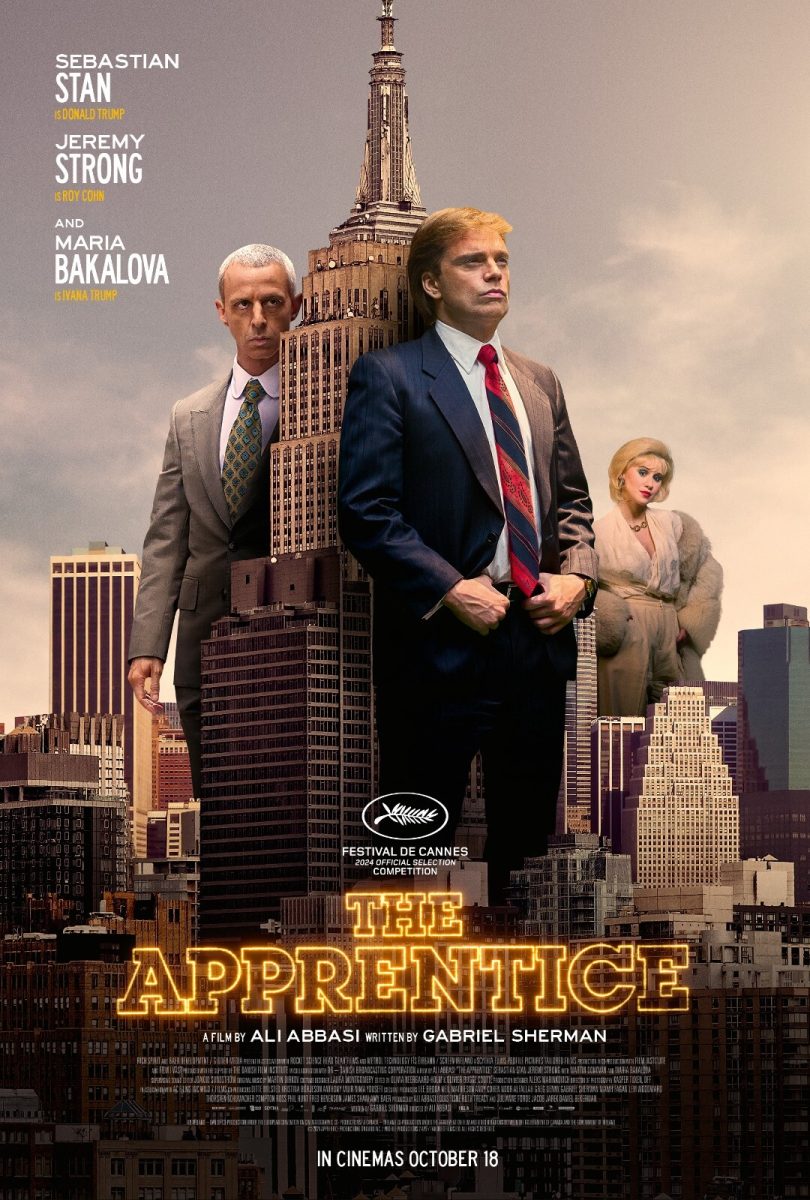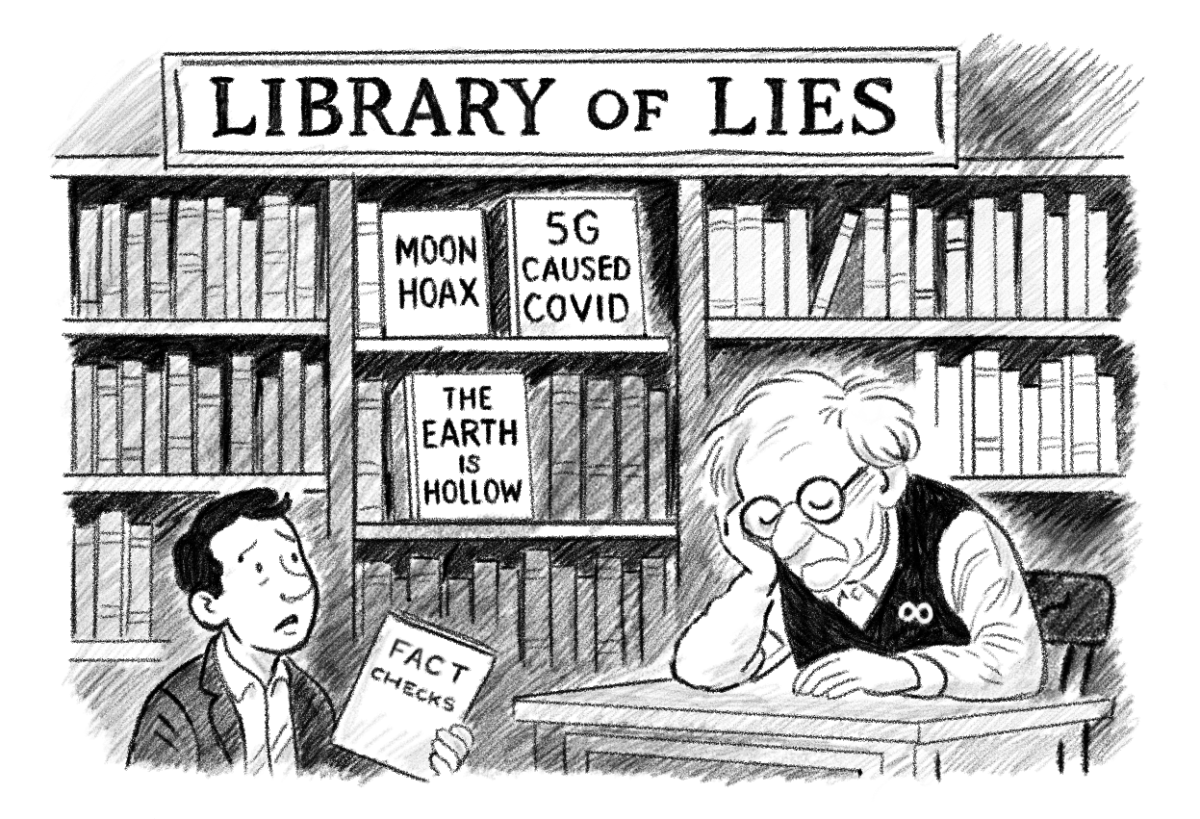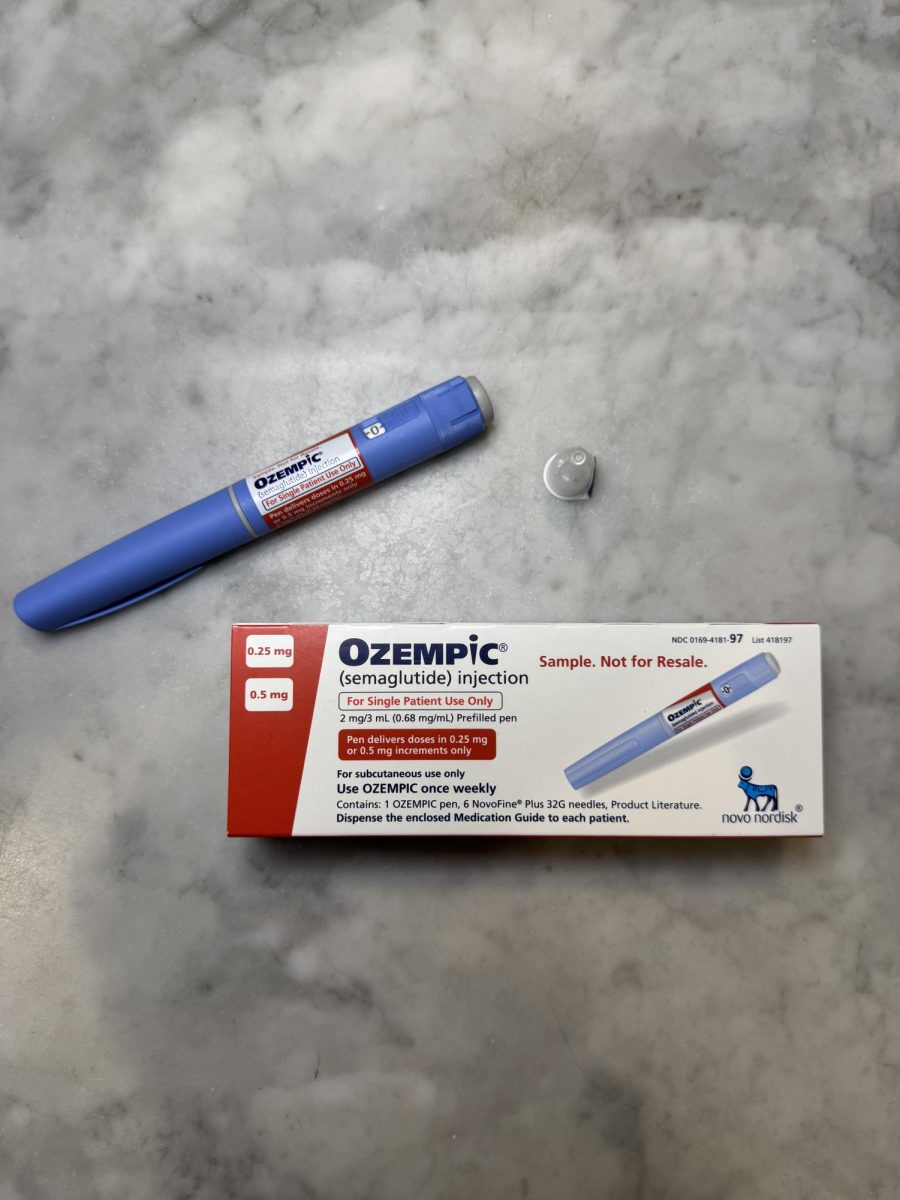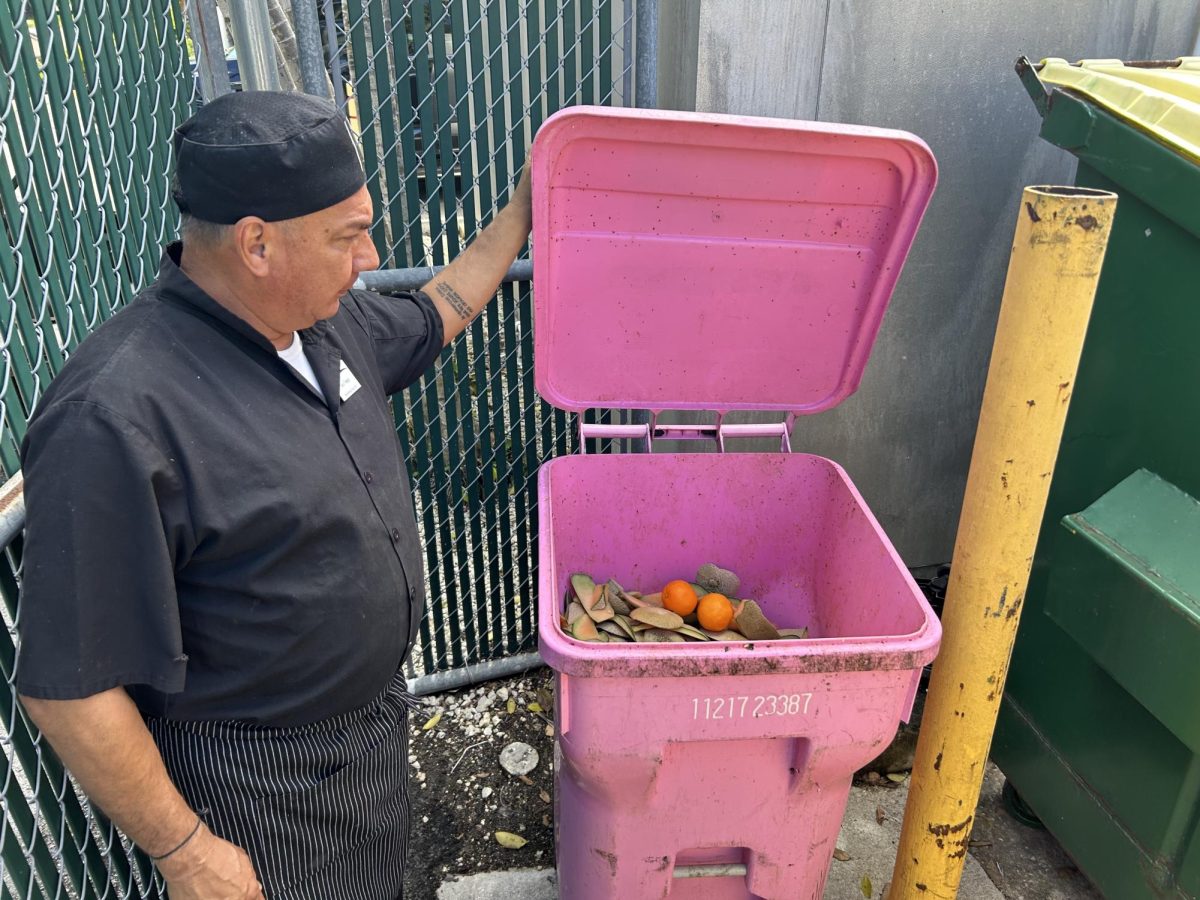Beverly Hills, 1989.
José and Kitty Menendez were found dead.
Shot execution-style in their own home.
The killers?
Their own sons, Erik and Lyle.
The brothers were accused of the murders and faced their first trial in 1993. Their defense argued that the killings were an act of self-defense, driven by years of severe physical and sexual abuse by their father. The prosecution, however, claimed the motive was financial gain and that the abuse allegations were fabricated. The trial ended in a hung jury, but in a retrial in 1995, the brothers were convicted of first-degree murder and sentenced to life in prison without the possibility of parole.
Now, 35 years later, the case has returned to the spotlight. The Netflix series “Monsters” has reignited nationwide fascination, including renewed interest within RE. This highly controversial, semi-fictional dramatization has brought attention to a potential resentencing for the brothers. The world continues to be captivated by their dark and tragic story.
I took it upon myself to investigate whether it is ethical to make a piece of pop culture melodrama out of such a disturbing and complex case–and to discover who the real monsters are.
Produced by Ryan Murphy, “Monsters” was released September 19, 2024, and tallied 97.5 million viewing hours in its first four days. The show presents the case from multiple perspectives, offering a nuanced exploration of the events surrounding the murders. The series humanizes not just the brothers but also their parents, showing the complicated family dynamics that may have contributed to the tragic outcome. It delves into the psychological toll of the brothers’ upbringing, while also portraying the perspectives of law enforcement, the prosecution, and the defense.
As the series raises questions about the verdict of the Menendez trial, new pieces of evidence have emerged, deepening the uncertainty surrounding the case.
Over a year ago, the brothers’ family discovered a letter Erik had written to his cousin Andy in 1988, prior to the parricides.
“I’ve been trying to avoid Dad,” he wrote. “Every night I stay up thinking he might come in.”
Around the same time, Roy Rosselló, a former member of the popular boy band Menudo, alleged in a docuseries that José Menendez had drugged and raped him when he was a teen in the 1980s.
“I saw Menendez looking me up and down as if he wanted to devour me,” recounted Rosselló.
This new evidence and testimony corroborated the brothers’ story of rape and sexual abuse, catalyzing the review of the Menendez case and sentencing.
On October 24, 2024, Los Angeles County District Attorney George Gascón recommended that a Los Angeles Superior Court judge resentence the Menendez brothers and make them eligible for parole immediately. “I do believe the brothers were subjected to a tremendous amount of dysfunction in the home, and molestation,” he said.
The frenzy “Monsters” has created raises the question of whether the DA’s decision to reconsider their sentences was tied to the power of public opinion.
A source involved in the production of the show who chose to remain anonymous said, “I don’t think Ryan [Murphy’s] motivation in creating the series was to create the possibility of the case being reopened and somebody examining their sentencing. I think a lot of people think that’s what triggered the recent discussions.”
Nevertheless, the show has generated massive public interest in the case. People are taking sides, reevaluating the case, and rethinking what they thought they knew.
With over 500,000 signatures on a petition for their release, Murphy said in an interview that “‘Monsters’ is the best thing to happen to Erik and Lyle Menendez in 30 years.”
The show also became a huge hit among students at RE in the weeks after its release, creating numerous discussions on campus—and also prompting some to wonder if it is biased in its portrayal of the case.
“It seems like they’re on the brothers’ side a little bit because they focus a lot on their time in prison and talking with their lawyers and telling the whole story,” said Lucas Lippey ’25. “I think it’s more critical of the brothers at the beginning.”
Elle Geller ’25 and Gemma Bucci ’25 are two best friends who sit on opposite sides of the controversy.
“I don’t think they should have been free completely from the start, but I think they shouldn’t have gotten life sentence without parole,” said Bucci.
“I completely disagree,” replied Geller. “My opinion of it is very unpopular, but I think their sentencing was right. I do think that they planned and executed the murder of their parents. And so, for me, a life sentence is justified in this case.”
Both agreed that their opinions changed dramatically after watching “Monsters.” Gemma explained the show “made them appear more guilty,” while Elle gained a little more sympathy and a “better understanding of what led up to [the murders].”
Many have praised it for its objectivity. “I think, all in all, I was impressed with how objective it was. I didn’t feel like it was making a case for the prosecution or the defense,” said Mr. Billy Corben, a South Florida-based documentarian who directed “Cocaine Cowboys.” “As a documentary filmmaker, I’m uniquely sensitive to this, and it seems that these writers and these producers held themselves to high standards creatively.”
“I actually thought they did a pretty good job portraying both sides of the story,” said Upper School History teacher Mrs. Miriann Meyeringh. “The title of the show is very telling. It leaves it up to the viewer’s interpretation who the monsters are.”
As the inside source from the show explained, “From Ryan’s perspective, he has always tried to keep the story as factually accurate as possible. So, I think attention to detail is really important to him. I think he did a lot of research to verify as much accuracy as possible.”
Even so, the case’s details inevitably blur in the haze of fiction, and we risk forgetting the reality of their actions. Viewers who find the portrayal of the brothers as desperate, broken boys sympathetic are liable to forget that it was not just abuse they were allegedly running from—it was the murder of their parents.
Erik Menendez, speaking out from prison via his Facebook page, called the show “a distortion” of the truth, even if many viewers are now on his side. He is adamant that “Monsters” twisted the facts and criticized the media’s role in shaping public opinion.
“All media has a duty to the public, and they have a duty to their shareholders to sell,” explained Mrs. Meyeringh. “Their right to exist conflicts directly with a defendant’s right to privacy.”
What struck me most was how “Monsters” made José Menendez seem less monstrous than the research I have done suggests.
The series only delves into the abuse in Episode 5, by which point the viewer is already torn. It does an impressive job of giving voice to both the defense and the prosecution, presenting the evidence on both sides. But with every twist and turn, one wonders who is telling the truth.
And it is fascinating how easily opinions can shift with a compelling narrative. One well-timed story or a few emotional scenes can completely alter the way we view a case.
For his part, Justin Beckham ’95, a criminal defense attorney and RE alum with extensive knowledge of the legal aspects of the case, believes the brothers’ resentencing is the right course of action. “It’s newly discovered evidence that one of the Menudo Boys is able to corroborate Menendez brothers, as well as the letter, and the jury and the judge were tainted, so I think there are at least four reasons that why they should at least get a new trial,” he explained.
But the media should not have the power to manipulate real cases for profit and personal gain.
“I think it’s unethical to treat these prisoners like zoo animals, but it is legal,” said Lippey. “What’s legal is not necessarily what’s right.”
The victims, the accused, their families—all thrown into the spotlight, their trauma turned into entertainment for millions.
People watch “Monsters” or similar series and often take what they see as the undeniable truth. But then we’re only seeing a version of the truth, wrapped in fiction, and designed to grip us with high-stakes drama. The idea of objectivity in media is a fantasy. No matter how many perspectives are shared or how much research is done, every retelling comes with an agenda. Mr. Corben laughed, “[Monsters] came along with all of the expected camp and homoeroticism that one would anticipate from a Ryan Murphy production.” Even a balanced-seeming portrayal is crafted to shape public opinion and evoke emotions.
I cannot help but marvel at how a story from decades ago can still divide and influence us today. Our perception of truth is more fragile than we would like to believe, manipulated as easily as a Netflix series spins its narrative. As the Menendez brothers’ case gets a fresh look in court and continues to dominate my feed, the line between fact and fiction has never been blurrier, or more consequential.


